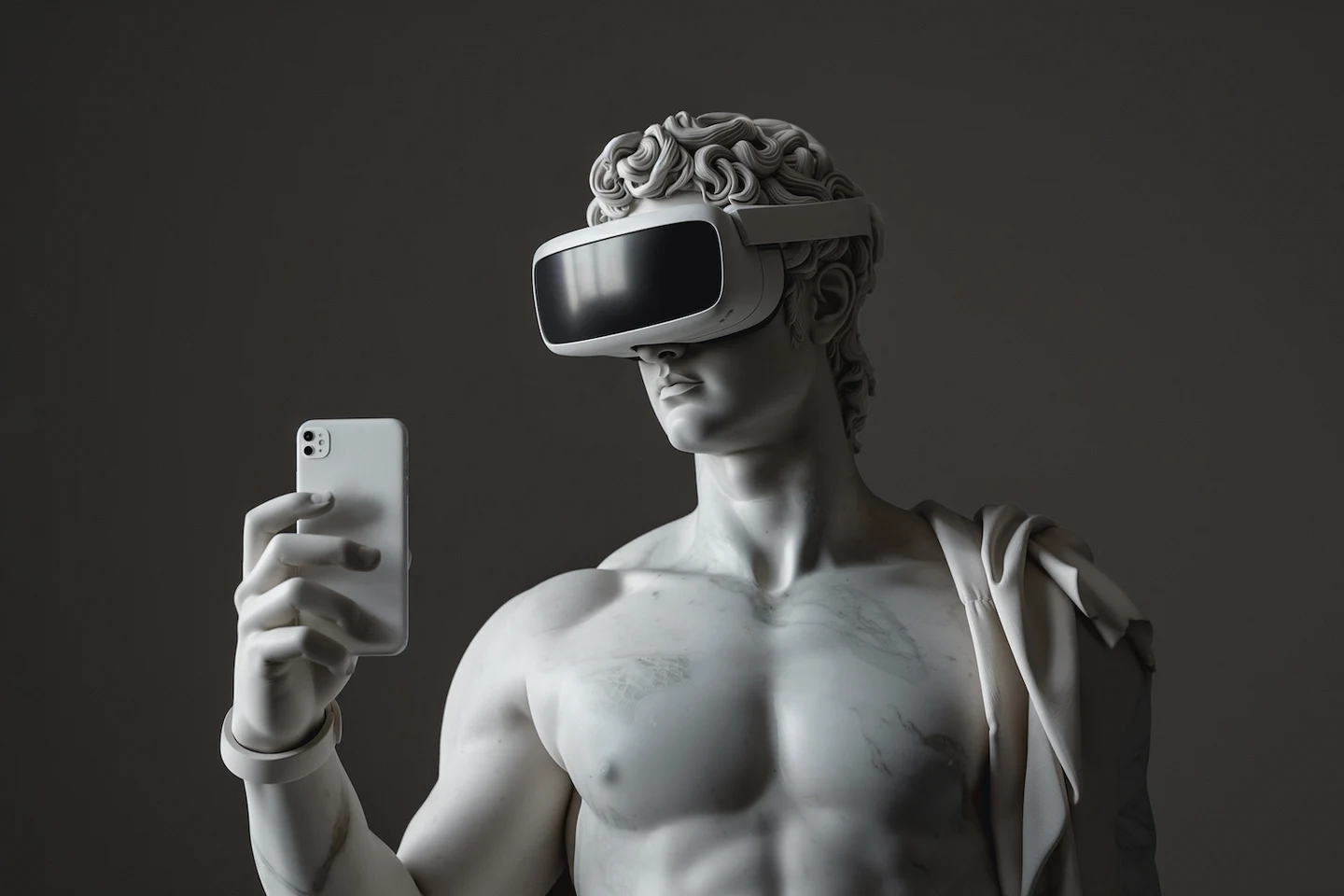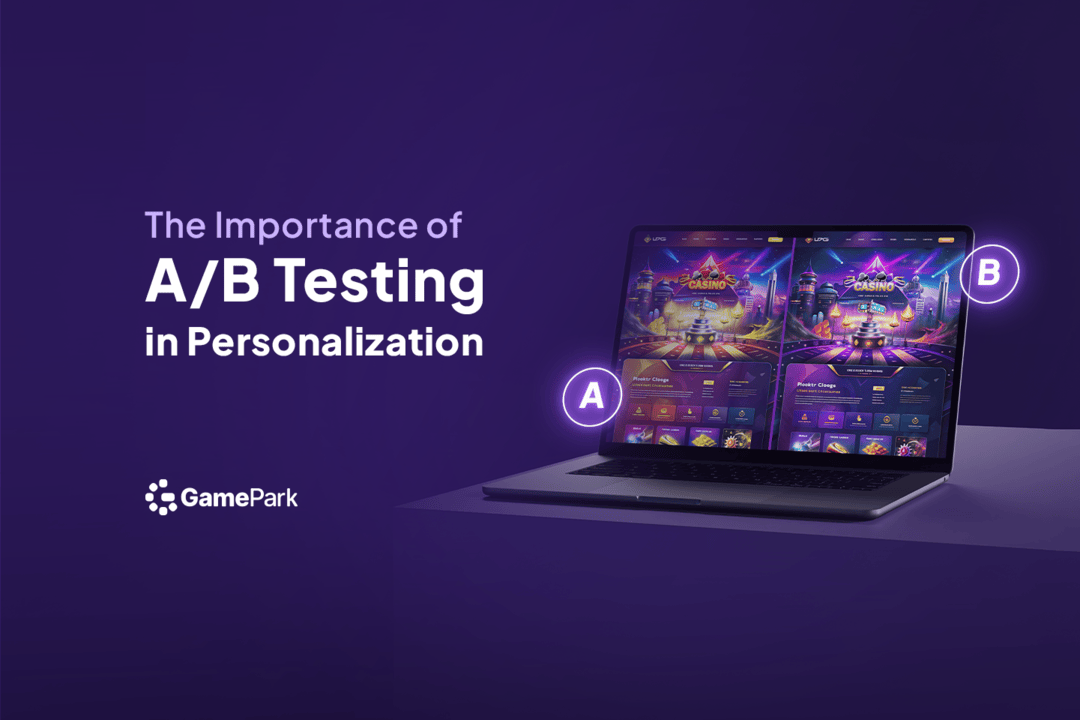
The history of casinos is almost as long as the history of civilization, with gambling taking place in Ancient Mesopotamia onwards.
There were certainly gambling houses in Ancient Rome and China, where people would gather to bet on games of chance. In Rome, gambling was one way to raise revenue for the government and this link has remained ever since.
The Renaissance of Gambling
Dating from the 14th century, baccarat is the earliest game still played at casinos today. Blackjack was developed around 1600.
The dawn of the age of finance in the 17th century saw a proliferation of casinos as there was more disposable income and opportunities to socialize. They started in Italy, with Venice’s Ridotto being the most famous. Established in 1638, this became the place to be seen among the rich and famous of the time. Casinos spread throughout Europe thereafter, particularly in the 18th century.
The first casino in the United States was California’s El Monte Casino, which opened in 1823. The San Francisco Casino opened 26 years later, with the western US being particularly fertile ground.
Regulated gambling was seen as another revenue stream for the government, so many cities set up regulated gambling houses as a result. From here, it wasn’t a huge leap to the first modern casinos.
Into the Present Day
Opened in 1941, the Las Vegas Sands set the standard for modern casinos. With a range of gaming options including slots, craps, blackjack and roulette, this blueprint is the one that is still honored today.
Other casinos soon followed and made Las Vegas the capital of gambling. Nevada was unique as it had re-legalized gambling in 1931 as a way of trying to overcome The Great Depression. Most gambling had been outlawed across the US in 1910. This was part of the prohibition movement that also saw a ban in alcohol sales.
The big casino complexes in Nevada contributed to a change in how gambling was perceived. Previously, to play poker or blackjack, one would have to go to a back corner of an inn or gambling house. Saloon bars which catered to travelers were the norm, with gambling being a much more informal affair. These tended to be shady and certainly not family-friendly, such was their association with liquor.
Today, the huge casinos of Las Vegas have become entertainment hubs in their own right. They don’t just offer gambling opportunities, they also have live shows and famous restaurants from some of the world’s top chefs.
The perception started to change with Monaco in the late-19th century, which added a sophisticated and luxurious air to the gambling experience. In doing so, gambling became more respectable, and the likes of James Bond only added to the glamour in popular culture.
In the US, New Jersey legalized casinos in 1976, with the first Atlantic City casino opening two years later. However, most brick-and-mortar establishments in the US are still on tribal land or operate offshore on riverboats.
The Rise of the Internet
The internet has been revolutionary in all aspects of our lives. These days, it is common to shop, bank and socialize online. It is therefore no surprise that the gambling industry has adapted too.
The first online casino was launched in 1994 and the industry has grown considerably. Today, there are a wide range of games available, with live dealer options too. Online casinos are also more accessible as they can be accessed from smartphones, with operators streamlining their offerings for mobile and tablet devices. Online gambling is also more convenient as you don’t need to go to a brick-and-mortar casino to play.
The Future
The rise of artificial intelligence provides a range of opportunities for online gambling operators. The key advantage is personalization as machine learning can be used to analyze player data and make recommendations based on their individual preferences. This can be done on site, in the lobby, or via all marketing touchpoints. AI can also be used to predict problem gambling behavior before it happens, increasing customer safeguards.
Augmented and virtual reality will provide even more interaction, taking the interactive experience far beyond the current live dealer offering. Meanwhile, these technologies will enable a more social experience.
Finally, the use of blockchain and cryptocurrency will mitigate payment issues, as well as speed up transactions. Furthermore, the transparency of crypto transactions will reduce the risk of fraud and highlight any potential cheating.


